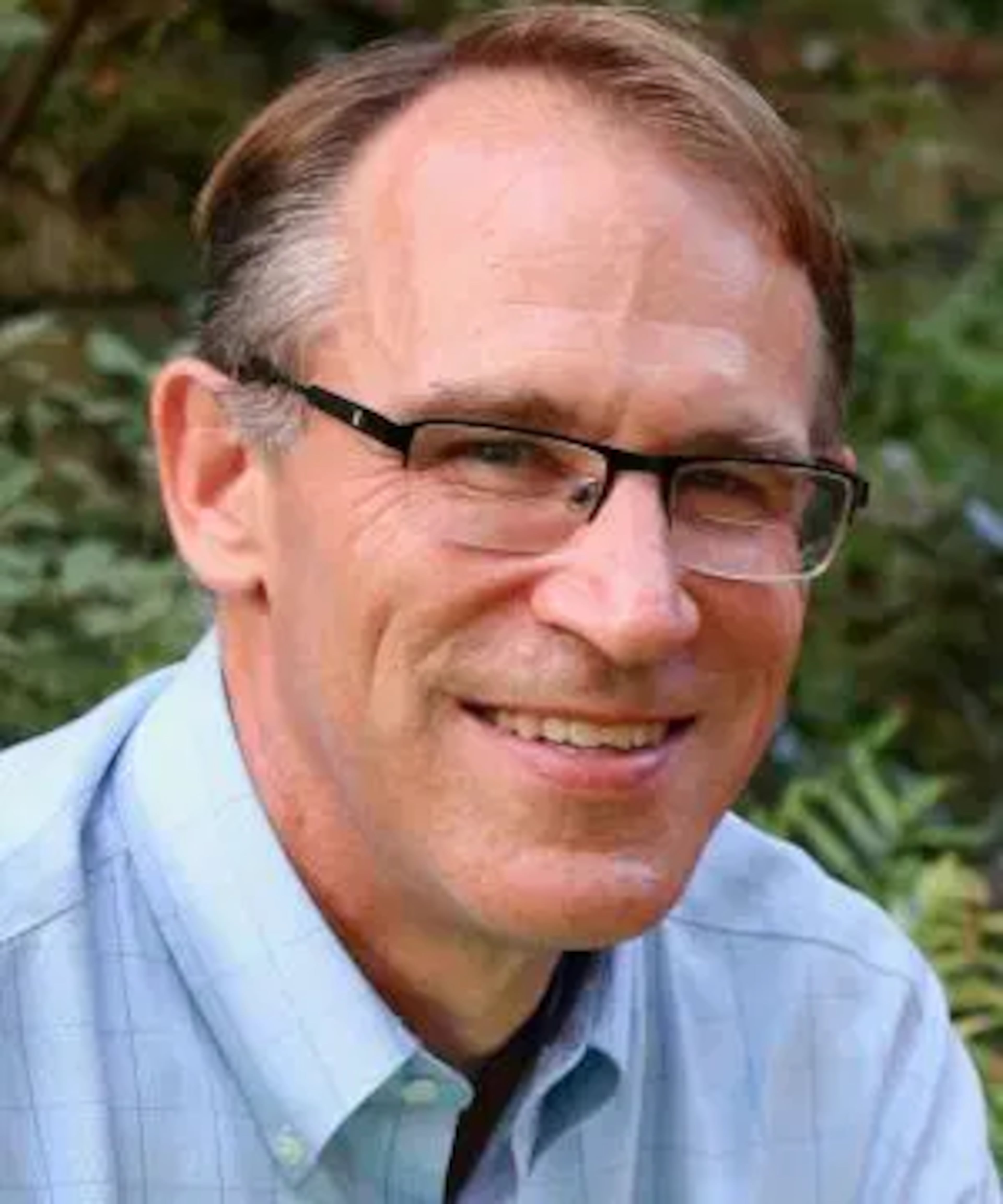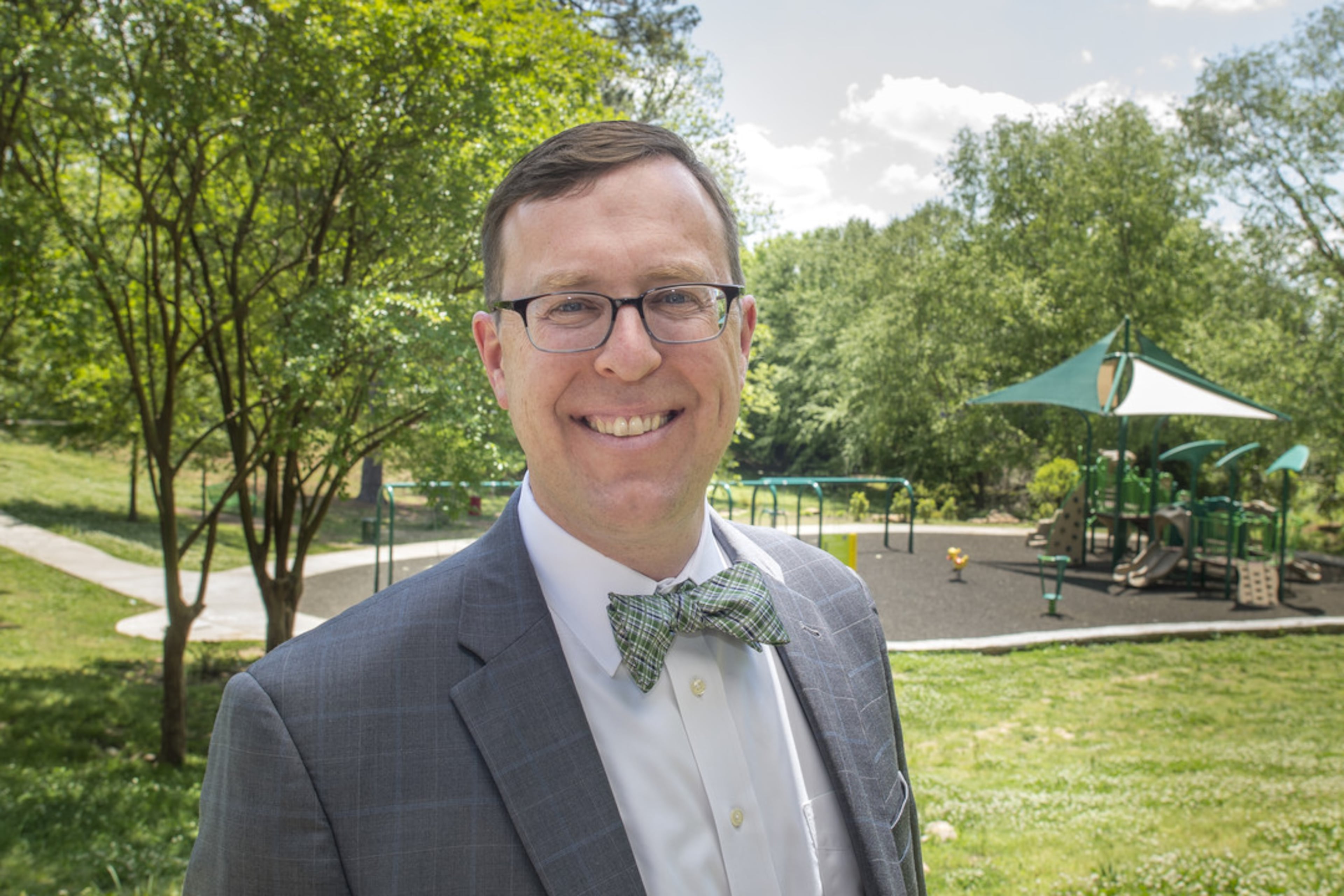Parks don’t just beautify. They heal divided communities.

Community. It’s a fuzzy term, but it represents an important ideal that has been severely tested in recent years in the United States. We see it in our politics, in the culture wars that rage on social media, and in segregated neighborhoods and cities. Though there is no easy antidote to the polarization that divides many Americans, there is a place — a physical locale — where we can at least begin to repair our fraying social fabric: the local park.
So it has been exciting to see, year after year, Atlanta’s parks continue to get better and better.


This spring, Trust for Public Land (TPL), a national nonprofit that connects everyone to the outdoors, released the 2024 ParkScore index, its annual ranking of the park systems of the nation’s 100 most populous cities. For the first time, Atlanta ranked in the top 25, a significant improvement from it ranking of 51 when TPL first assessed the largest 100 cities in 2016. Not only is Atlanta benefiting from better public health and climate resiliency, but it is also seeing stronger community cohesion.
In conjunction with the 2024 ParkScore, TPL released a report finding that residents of cities with high-quality parks were more socially connected and engaged with their neighbors than residents of cities with less robust park systems.
The analysis found that in the 25 top-ranked cities, which now includes Atlanta, there were 26% more social connections between individuals in different socioeconomic groups than in lower-ranked cities. Adding to parks’ community-building superpowers, the study also revealed that residents were 60% more likely to volunteer in high-ranked cities than those in lower-ranked cities. Indeed, cities can bridge divides among residents simply by overseeing a well-run, inviting, accessible and attractive park system.
It is heartening that just last year Atlanta passed legislation to dedicate an additional $13 million each year to park maintenance. Overall funding for Atlanta’s Department of Parks and Recreation has risen over the past three years from $66 million to $92 million, an increase of 40%. Nationally, Atlanta’s philanthropic community is among the most generous in making investments in parks and greenspace. It isn’t public or private funding that is key — it is robust, sustained public and private funding that moves the needle.
Atlanta is not alone in benefit from increased park investments. With the help of two landmark federal infrastructure bills, total public and private spending on parks and recreation in the 100 most populous cities climbed to $11.2 billion, up from $9.7 billion in 2022 and from $8.7 billion five years ago.
Today, park investments are more important than ever. Experts say parks and green spaces have a special role in addressing the historic levels of loneliness, polarization and distrust in institutions that pervade American life. More than three-quarters of major cities were more racially segregated in 2019 than in 1990. Half American adults report feeling lonely, and the coronavirus pandemic worsened the isolation many experience. Almost two-thirds of American adults express little to no confidence in the future of our political system.
Hahrie Han, a professor of political science at Johns Hopkins University who studies democracy and civic engagement, said that over the past half-century, American society had witnessed an erosion of shared spaces that allowed people to engage with one another.
“It’s ever more important that we have places like parks where people naturally encounter other people,” Dr. Han said. “It’s through those encounters that common interests can emerge that are grounded in — but also transcend — self-interest.”
Though Atlanta has been making consistent and significant strides in improving its park system over the past twenty years, more can be done to strengthen local parks and, in turn, our sense of community. Atlanta, DeKalb County and Fulton County Public Schools are experimenting with Community Schoolyards, designed by students, teachers and neighbors as nature-rich hubs for community health and climate resilience and open to the community after school hours. In collaboration with Atlanta and DeKalb County, Park Pride provided $4 million in park improvement grants to 37 Friends of the Park groups, with more than 50% of funding supporting parks in historically disinvested neighborhoods.
An investment in our local parks — with money, time and creative energy — will pay dividends far beyond new basketball courts or expanded trail networks. It will make good on our national motto of “E pluribus unum” — “out of many, one” — a concept we’d be wise to embrace now more than ever.
George Dusenbury is the Georgia state director for Public Land. Michael Halicki is Park Pride president and chief executive.


